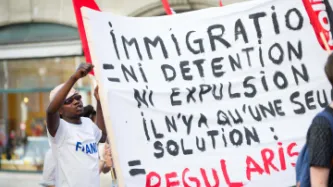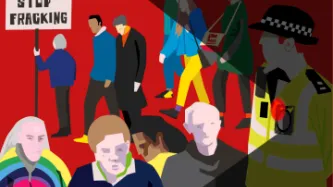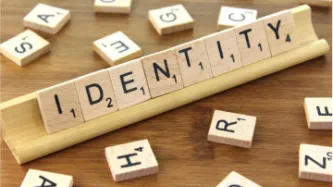Search Taxonomy Terms
When Local Authorities aren’t your Friends
UK local authorities (Councils) are looking at people’s social media accounts, such as Facebook, as part of their intelligence gathering and investigation tactics in areas such as council tax payments, children’s services, benefits and monitoring protests and demonstrations.
In some cases, local authorities will go so far as to use such information to make accusations of fraud and withhold urgently needed support from families who are living in extreme poverty.
Fighting the Global Covid-19 Power-Grab
In the rush to respond to Covid-19 and its aftermath, government and companies are exploiting data with few safeguards. PI is acting to ensure that this crisis isn't abused.
Protecting migrants at borders and beyond
The use of data and new technologies are driving a revolution in immigration enforcement, and affected people are going to be at greater risk.
Neighbourhood Watched
From facial recognition to social media monitoring, from remote hacking to the use of mobile surveillance equipment called 'IMSI catchers', UK police forces are using an ever-expanding array of surveillance tools to spy on us as we go about our everyday lives.
Demanding identity systems on our terms
There is a growing push towards identity systems around the world - leading to some of the world's largest biometric databases, as well as other technologies that can be used to track and profile individuals and communities.




